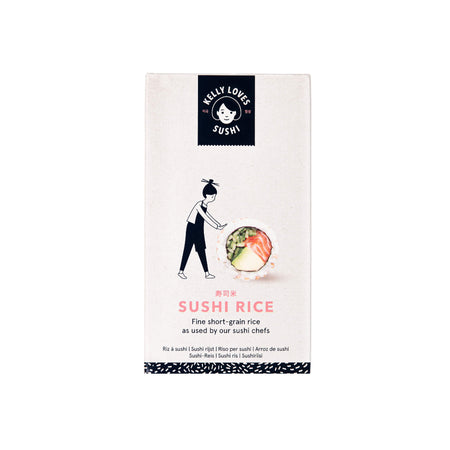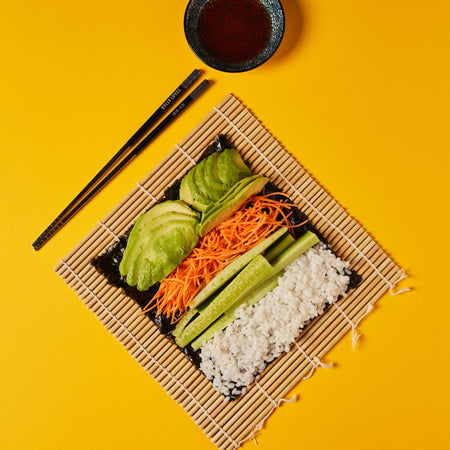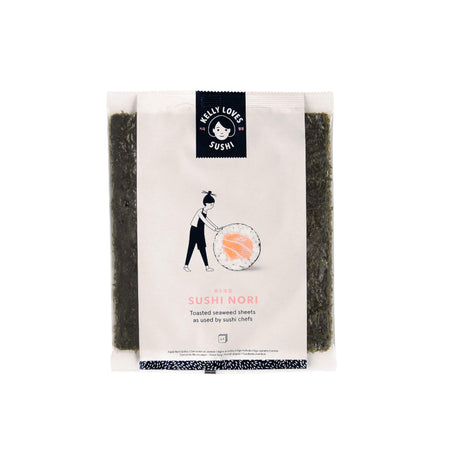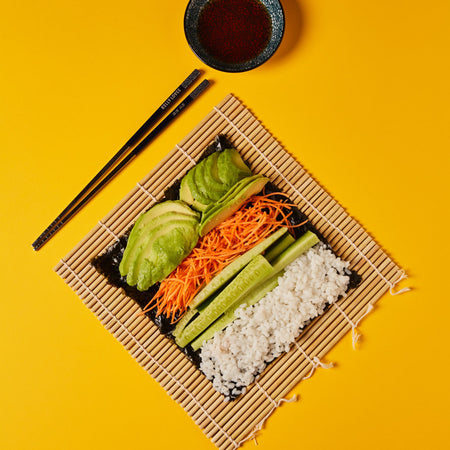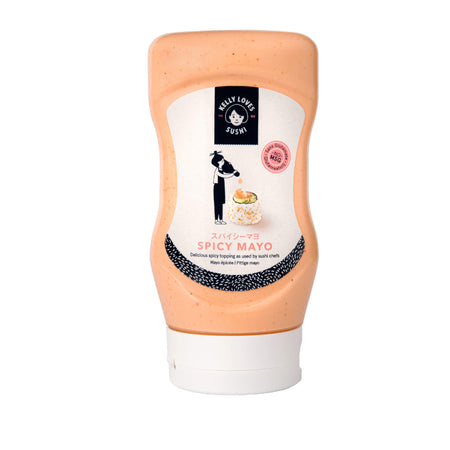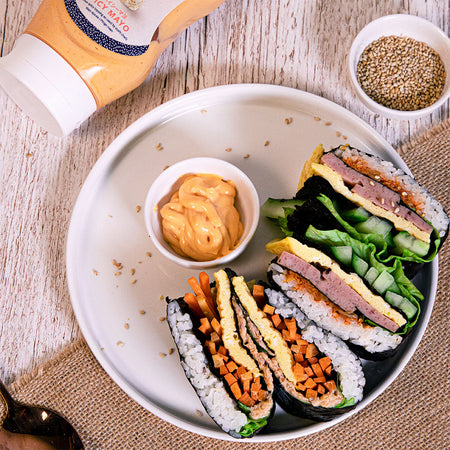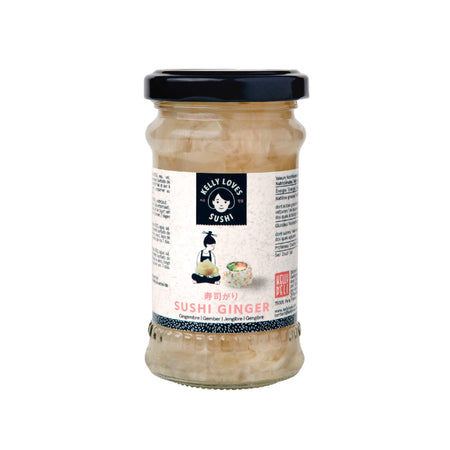How much kimchi should you eat per day?

Kimchi is eaten with almost every meal in Korea. That might sound strange, but if you’re a kimchi fan, you will understand why! As well as being utterly addictive (and thankfully, super healthy) kimchi is just so versatile. You can eat it on its own, or you can add it to just about anything (kimchi grilled cheese sourdough sandwich, kimchi pizza or kimchi tacos? Delicious!). But how much should you eat per day to reap the health benefits? Let’s take a look.
What is kimchi?
Kimchi is iconic and has been gaining in popularity around the world over the last few years as more and more people get hooked. When most people think of kimchi they think of leaves of garlicky, fermented napa cabbage, covered in red chilli. It’s served in Korean restaurants as a side dish to every meal (you don’t even have to ask for it: it’ll be there!) Kimchi ramen is also famous and, of course, you’ll see it in dishes such as kimchi rice, kimchi pancakes and kimchi jjigae. But actually, this type of kimchi is only one of many different variations. Some don’t have chilli added, while others don’t use cabbage – but all are fermented.
Is kimchi good for you?
Thankfully, yes! Kimchi is really good for you. It’s unusual to have something that tastes so mouth-watering that’s good for your health (sadly, we can’t say the same about chocolate…). Kimchi offers a delicious, low-calorie way to increase your probiotics and load up on veggies!
So, how is kimchi good for you? A more appropriate question would be is there anything it doesn’t do? Kimchi is good for a smooth digestion, supporting brain health (through a gut-brain connection), lowering blood sugar, easing inflammation, boosting your immune system, lowering cholesterol, preventing yeast infections, improving your heart health, helping with weight loss and even supporting eye health. Phew! So you can enjoy eating kimchi knowing that it is potentially ticking loads of health boxes. Plus, eating it is enjoyable, and if you like kimchi with chilli, the spiciness releases endorphins, so it makes you feel good too.
How much kimchi should you eat per day?
To make the most of the health benefits, it’s recommended that you have a serving of around 80g a day. This is because the beneficial bacteria needs to be eaten every day to be effective.
In Korea, kimchi is an indispensable part of the diet and no meal is complete without it. As it’s not an integral part of mealtimes in the UK, you can also keep some 80g kimchi sachets in your cupboard to reach for as a daily snack (or do add it to every meal if you want!)
Health benefits of kimchi
Nutrient-dense
Whatever variation you go for, kimchi is jam-packed with nutrients through the different vegetables. If your kimchi contains cabbage, the cabbage alone is nutrient-dense. Cabbage includes vitamins A and C, over 10 different minerals and over 34 amino acids. While cabbage is not a particularly enticing vegetable on its own as it’s considered quite bland. Yet, when part of kimchi, it’s turned into something exceptionally delicious (perhaps for the first time, you’ll find yourself craving cabbage).
Green vegetables in kimchi also contain plenty of nutrients, such as iron, folate, riboflavin and vitamin K. Iron prevents tiredness and improves physical and mental performance. It supports the normal formation of red blood cells and haemoglobin function (which carries oxygen around the body). Riboflavin aids your metabolism and contributes to regulating cellular growth and energy production, while vitamin K helps your body with blood clotting and bone metabolism.
Contains probiotics
Fermented foods like kimchi include probiotics, which are good for the gut and your general health. Lacto-fermentation uses the bacterium lactobacillus to break sugars down into lactic acid, which gives kimchi its fizzy, sour and tangy taste. Lactobacillus is a probiotic bacteria that’s usually found in your intestines and is vital to your health. Lactobacillus will improve your gut health by increasing the amounts of healthy bacteria in the intestines. It’ll also help you to absorb all those nutrients within the kimchi veggies, help break down food and it can combat any potential ‘bad’ disease-causing organisms.
Strengthens your immune system
The lactobacillus bacteria in kimchi may also strengthen your immune health.
One study isolated the lactobacillus from the kimchi to show how it enhanced the immune system in mice. A human study is needed, but this looks promising. And to add to kimchi’s superpowers, the vegetables and garlic within kimchi also have immune system-boosting qualities.
Reduces inflammation
Another study shows that HDMPPA (one of the main compounds in kimchi), improved blood vessel health by suppressing inflammation. And in general, the anti-inflammatory properties of fermented plant foods are continually being discovered.
As kimchi is a fermented food with wholesome ingredients, it boasts numerous health benefits that can be reaped by eating it on a daily basis. And the benefits keep on coming. Not only is kimchi beneficial for your physical health, but also your mental health. Scientists from University College Cork in Ireland recently discovered that fermented foods such as kimchi help to lower stress. We certainly feel happier when we’ve had our daily dose of kimchi. Give it a try!